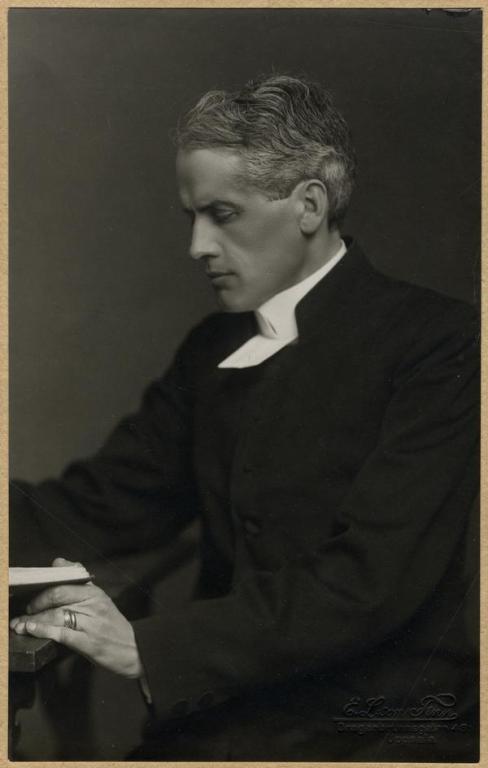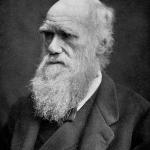
Happy Labor Day, which this blog is Christianizing as Vocation Day!
To celebrate this holiday, in addition to enjoying your family vocations and receiving your daily bread by cooking out, it is fitting to meditate on this important but oft-neglected doctrine of vocation, which we have been trying to bring back to the fore and thus revitalize Christianity.
Today I would like to draw your attention to another theologian who has written with great insight about vocation: Einar Billing, author of Our Calling.
In my own writings on the subject, I have drawn heavily on Gustav Wingren’s Luther on Vocation. Billing (1871-1939) was another Swedish theologian, a bishop from a previous generation. Wingren (1910-2000) disagreed with Billing, insisting that vocation falls into the category of “Law,” whereas the bishop believed that it falls into the category of “Gospel.” But it strikes me as an odd controversy. Wingren has a rather idiosyncratic view of the Law, but he certainly brings out Luther’s emphasis on God’s work and God’s blessing in vocation. And Billing says directly that our calling also has a law dimension. What he is addressing is the fact that Luther uses the same word “calling” both for how, in the words of the Catechism, “the Holy Spirit has called me by the Gospel” and for our various tasks and relationships in ordinary life.
With their different emphases, if you put Wingren and Billing together, you get a rich, multi-faceted perspective on the teaching. Our Calling is a little book of no more than 64 pages. Strangely, it is out of print and not even available on Amazon, You can, however, check out an online version with a free account from that wonderful resource, The Internet Archive. (Someone needs to bring this book back into print!)
Here are some excerpts for your Vocation Day reflections:
Life organized around the forgiveness of sins: that is Luther’s idea of the call. (p. 8)
In all our religious and ethical life we are given to an incredible overestimation of the extraordinary at the expense of the ordinary. (p. 29)
When it began to dawn on Luther that just as certainly as the call to God’s kingdom seeks to lift us infinitely above everything that our everyday duties by themselves could give us, just that certainly the call does not take us away from these duties but more deeply into them, then work becomes calling. (p. 2)
Luther, indeed, sees a threefold value in the work that is one’s calling. It educates myself, inasmuch as through its toilsomeness and its “cross” it disciplines my body and so in reality gives what Roman Catholicism vainly sought in the artificial work of monasteries. It becomes the means by which I can serve my neighbor better than through all the almsgiving of Roman Catholicism. Finally, it contributes to community life, peace, and security. (p. 6)
There where you sit or go about your menial tasks, there you have even now everything, then you have God himself. (p. 5)
Photo: Einar Billing (1920) by Finn, Emil L:son, CC0, via Wikimedia Commons













